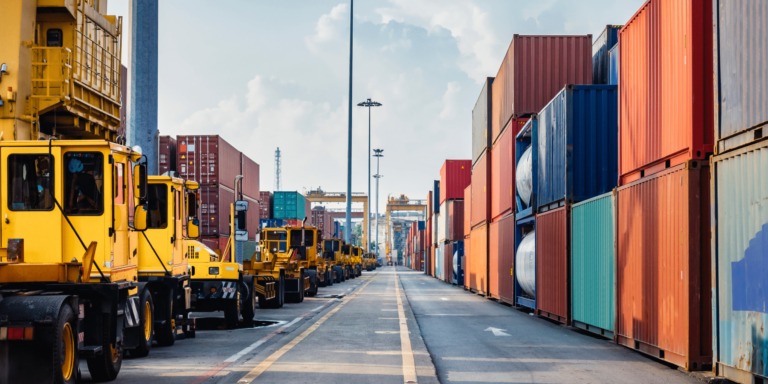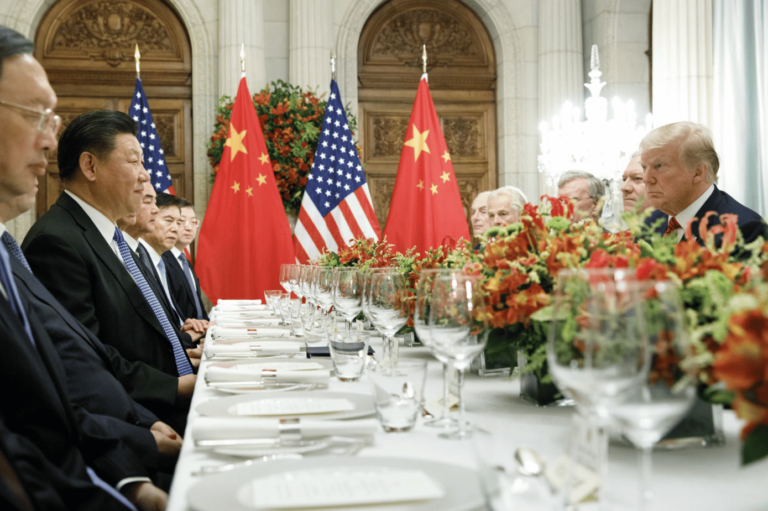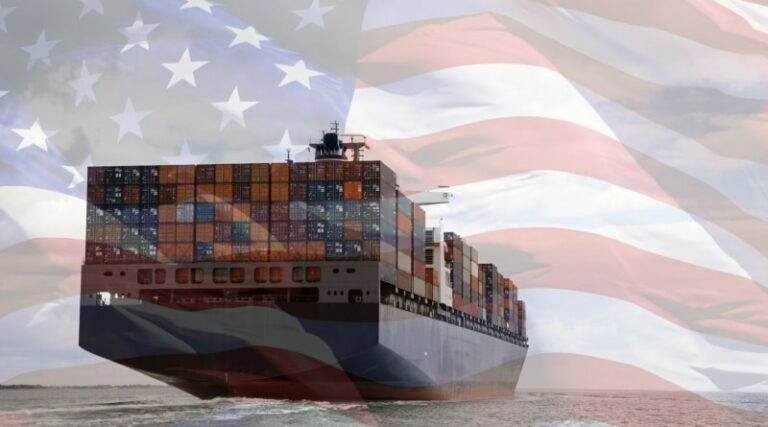Peloton Claims Unfair D&D Fees Cost Millions, Flexport Under Scrutiny
In a recent development, Flexport, a prominent freight forwarder, is facing criticism from Peloton, the fitness equipment manufacturer. Peloton alleges that it has incurred substantial financial losses due to unfair demurrage and detention (D&D) fees imposed by Flexport. This accusation has sparked a debate within the import-export industry, shedding light on the potential impact of such fees on businesses.
The Controversy:
According to Peloton, Flexport’s demurrage and detention fees have cost the company millions of dollars. Demurrage fees are typically levied when cargo containers remain at the port for longer than the allotted time, while detention fees are charged for holding containers for excessive periods outside the port. Peloton argues that these fees are unjust and disproportionate, imposing an unnecessary financial burden on importers.
Flexport’s Response:
Flexport has defended its position, stating that the D&D fees are standard practice in the industry and in line with the charges enforced by shipping lines and port authorities. The company emphasizes that the fees are necessary to incentivize efficient cargo handling, prevent port congestion, and ensure the timely movement of goods. Flexport also notes that importers have the option to negotiate and contest these fees.
Implications for the Import-Export Industry:
The allegations brought forth by Peloton against Flexport raise important questions about the transparency and fairness of demurrage and detention fees. As importers and exporters heavily rely on freight forwarders to handle their shipments, these fees can significantly impact their overall costs and profitability. Unjust or excessive fees can deter businesses from conducting international trade and hinder the smooth flow of goods.
Weighing the Balance:
While it is crucial for freight forwarders to maintain efficient operations and ensure the smooth functioning of ports, it is equally important to strike a balance that does not unfairly burden importers and exporters. The import-export industry thrives on collaboration, and transparent fee structures that accurately reflect the costs incurred can contribute to a healthier ecosystem for businesses and trade.
The ongoing dispute between Flexport and Peloton regarding demurrage and detention fees has exposed a contentious issue within the import-export industry. As the debate continues, it is essential for industry stakeholders, including freight forwarders, shipping lines, and port authorities, to engage in constructive dialogue and work towards fair and transparent fee structures. Finding a balance that supports efficient operations while minimizing financial burdens on importers and exporters will be crucial in fostering a thriving global trade environment.







